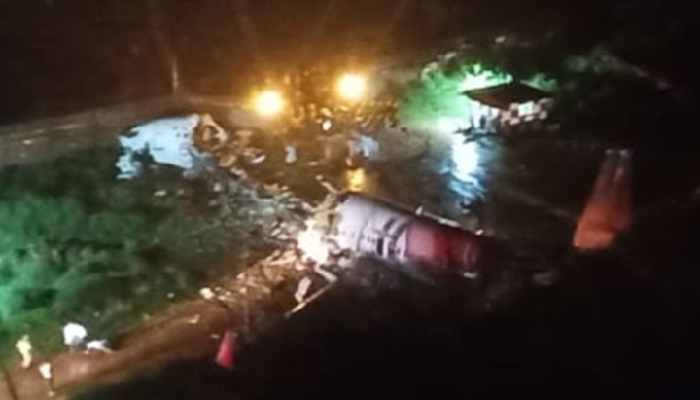Mumbai, Jul 26: A PMLA court here summoned on Thursday diamond jeweller Nirav Modi and his uncle Mehul Choksi to appear before it on September 25 and 26 respectively on the Enforcement Directorate's plea seeking action against them under the new fugitive economic offenders law in the alleged USD 2 billion PNB bank fraud case, officials said.
The agency had recently moved the court seeking to declare the diamond traders as 'fugitive economic offenders' and to confiscate their assets worth Rs 3,500 crore in the case.
The court has sought their appearance on September 25 (Nirav Modi) and 26 (Mehul Choksi) respectively under the fugitive economic offender law, they said.
The ED had filed two separate applications against the duo before the special court that hears matters under the Prevention of Money Laundering Act (PMLA).
Parliament yesterday only passed the fugitive bill by a voice vote in the Rajya Sabha. The Lok Sabha had cleared this Bill on July 19.
The agency, early this month, had moved a similar application against businessman Vijay Mallya in the Rs 9,000-crore alleged bank loan fraud case and the court has summoned him for August 27.
In this case of the diamantaires', the agency seeks to confiscate assets, both movable and immovable, including those located in the United Kingdom and the UAE.
The move has been made on the basis of the two PMLA charge sheets filed by the agency against the two designer diamond jewellers on charges of alleged money laundering.
"Investigations have revealed that Nirav Modi and Mehul Choksi have committed the offence of cheating against Punjab National Bank (PNB) in connivance with certain bank officials by fraudulently getting the LOUs/FLCs issued without following prescribed procedure and caused a wrongful loss to the bank.
"They have further siphoned off the proceeds of crime so generated through layering through multiple dummy, related, connected entities in India and abroad," the agency had said in its application.
Nirav Modi and Choksi are being investigated by the ED and the CBI after it was detected that they allegedly cheated the Punjab National Bank of more than Rs 13,400 crore with the purported involvement of a few of its employees.
The scam, which reportedly began in 2011, was detected in January this year, after which PNB officials reported it to the probe agencies.
Two criminal complaints were filed by the ED in these instances after taking cognisance of CBI FIRs.
Non-bailable warrants were issued against the two, while an Interpol 'red corner' arrest warrant was issued against them on the request of the ED.
The agency had conducted 260 searches in this case across the country.
The Fugitive Economic Offenders Bill, 2018 was introduced in Lok Sabha on March 12 and passed on March 19.
"A fugitive economic offender is a person against whom an arrest warrant has been issued in respect of a scheduled offence and who has left India so as to avoid criminal prosecution, or being abroad, refuses to return to India to face criminal prosecution," the government had said.
Cases of frauds, cheque dishonour or loan default of over Rs 100 crore would come under the ambit of this ordinance.
The government has said the ordinance offers necessary constitutional safeguards in terms of providing hearing to the person through counsel, allowing him time to file a reply, serving notice of summons to him, whether in India or abroad and appeal before the high court.







Comments
Dear Govt,
Go for a simple & brilliant step. Just cancel their passport/nationality and distribute their property among poor people. Let them beg & live in foreign countries.
Add new comment